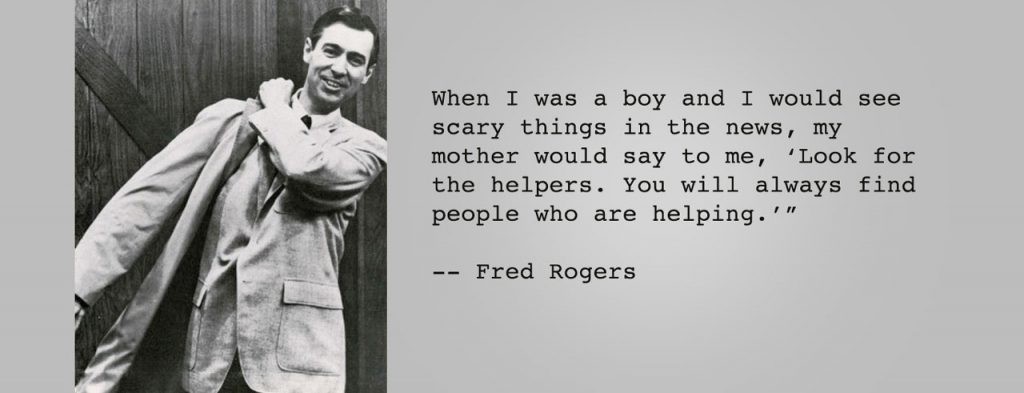What to do if you’re feeling hopeless about the world.
We have access to more instant information than ever before but doom-scrolling through bad news about huge problems can become stressful and overwhelming.
Current world events are scary, confronting and distressing.
From the divisiveness of the Voice referendum vote this weekend, to the spiralling cost of living, to climate change through to the Israel Palestine war, it can feel like everything is going wrong.
It is easy to feel depressed about the state of the world.
On a planet with eight billion people, it’s easy to feel disconnected.
But when a world tragedy strikes, feelings of worry, sadness and grief are quite common.
When we see upsetting information, our bodies react instinctively by releasing stress hormones to deal with the negative emotions.
As news outlets and social media feeds are skewed towards reporting bad news over good news, this can create long-term negative effects on our wellbeing.
“If you’re not angry, you’re not paying attention.”
It’s normal to feel discouraged about the world.
Lots of bad things happen in the world, and feeling bad about them is a normal reaction.
It’s okay to feel:
– Grief about what’s been lost
– Anxious about what’s going to happen next
– Overwhelmed by how big the problems are, or how much work it will take to solve them
– Disillusioned by the people in positions of power
– Fear and worry for our children
– Guilty for not doing more
– Paralysed by all these feelings
“In spite of everything I still believe that people are really good at heart…I can feel the suffering of millions and yet, if I look up into the heavens, I think that it will all come right.”
So, what helps?
The desire to help make the world a better place is an incredible thing.
If you notice what is going wrong in the world and feel a responsibility to make it better, that says something really positive about who you are.
Here are a few ways you can regain a sense of power and hope:
Make time for self-care
Don’t feel guilty about doing something for you. When you feel refreshed and valued, you’ll have more of yourself to give.
Make space for gratitude
You do not have to ignore the bad things to see the good things too. Consciously inventory the things you are grateful for.
Disconnect from social media
Give yourself windows of time device free. Balance being informed with being mentally healthy.
Acknowledge negative emotions without dwelling on them
Our negative emotions guide and protect us and motivate us to make changes. It is when we fixate on them that they start to take over.
Take solace in nature
When the human world feels too much, taking a step back and mindfully tuning into nature can offer us some peace, and perhaps moments of hope.
Verify your news sources
Are you getting information from reputable, objective sources that are emotionally neutral?
Accept your level of control
When something bad happens, our immediate response may be to ask ourselves what we can do to help, and how we can put an end to it. Feeling helpless is a natural response, and one that can cause stress.
Watch out for what you say out loud
Negative language is insidious and potent. Be mindful of what you’re thinking and saying. Whilst those around you influence you and your mood, we have more control over our thoughts and feelings than anyone else. And what we say out loud also carries significant weight. Research suggests that it is ten times more harmful to our sense of thriving if we verbalise a thought than if we just think it.
Protect our children
Monitor social media use and access to distressing content to protect your children from viewing harmful content. Have age appropriate discussions with them about their fears and worries and try and promote a sense of safety and hope.
Look for the helpers
The peace-makers, the brave, the volunteers, the kind, the emergency services and medical personnel. You will always find people who are helping.
